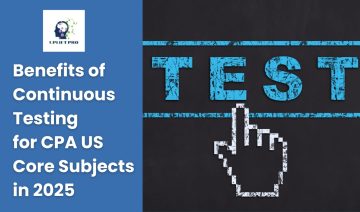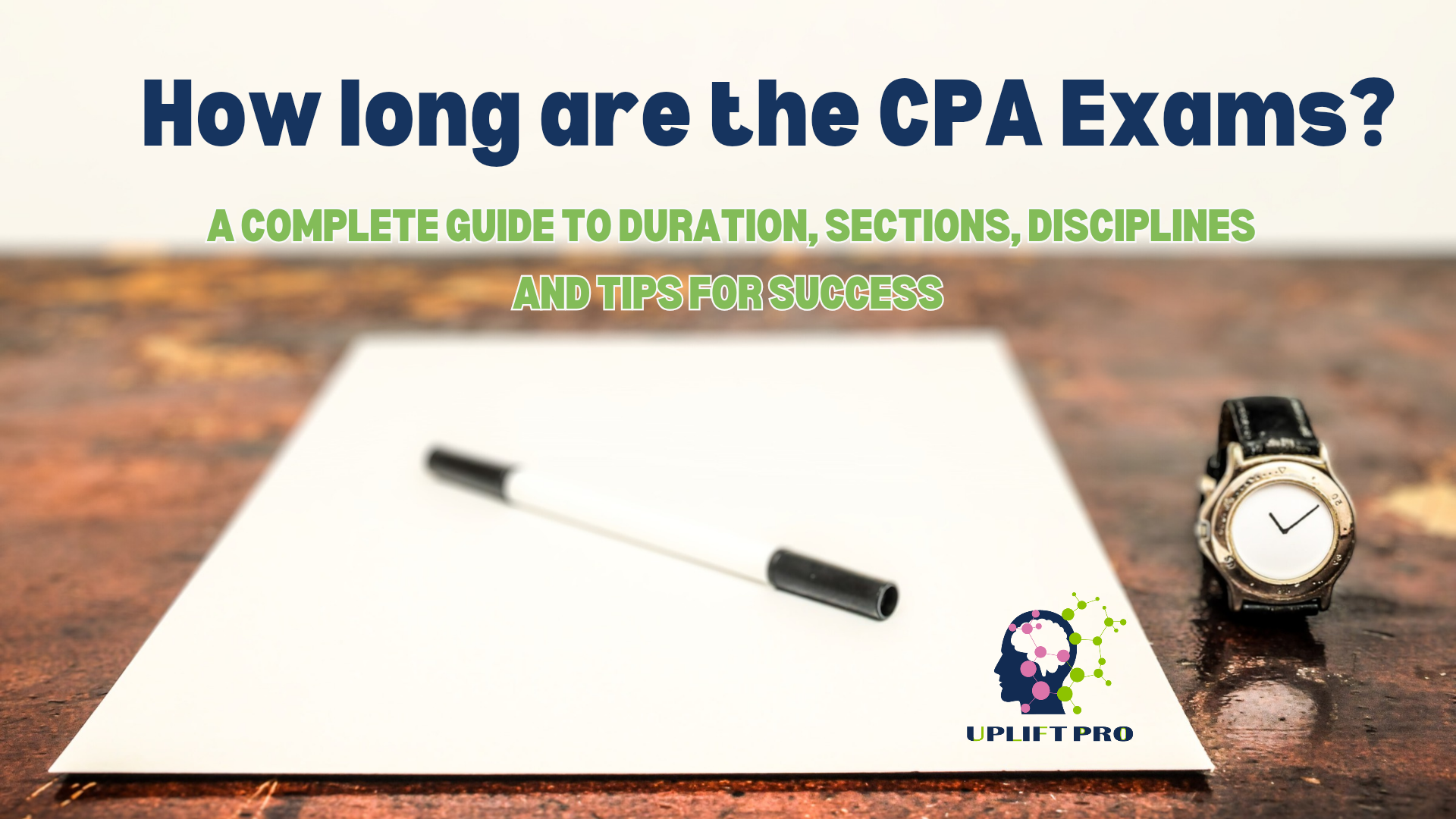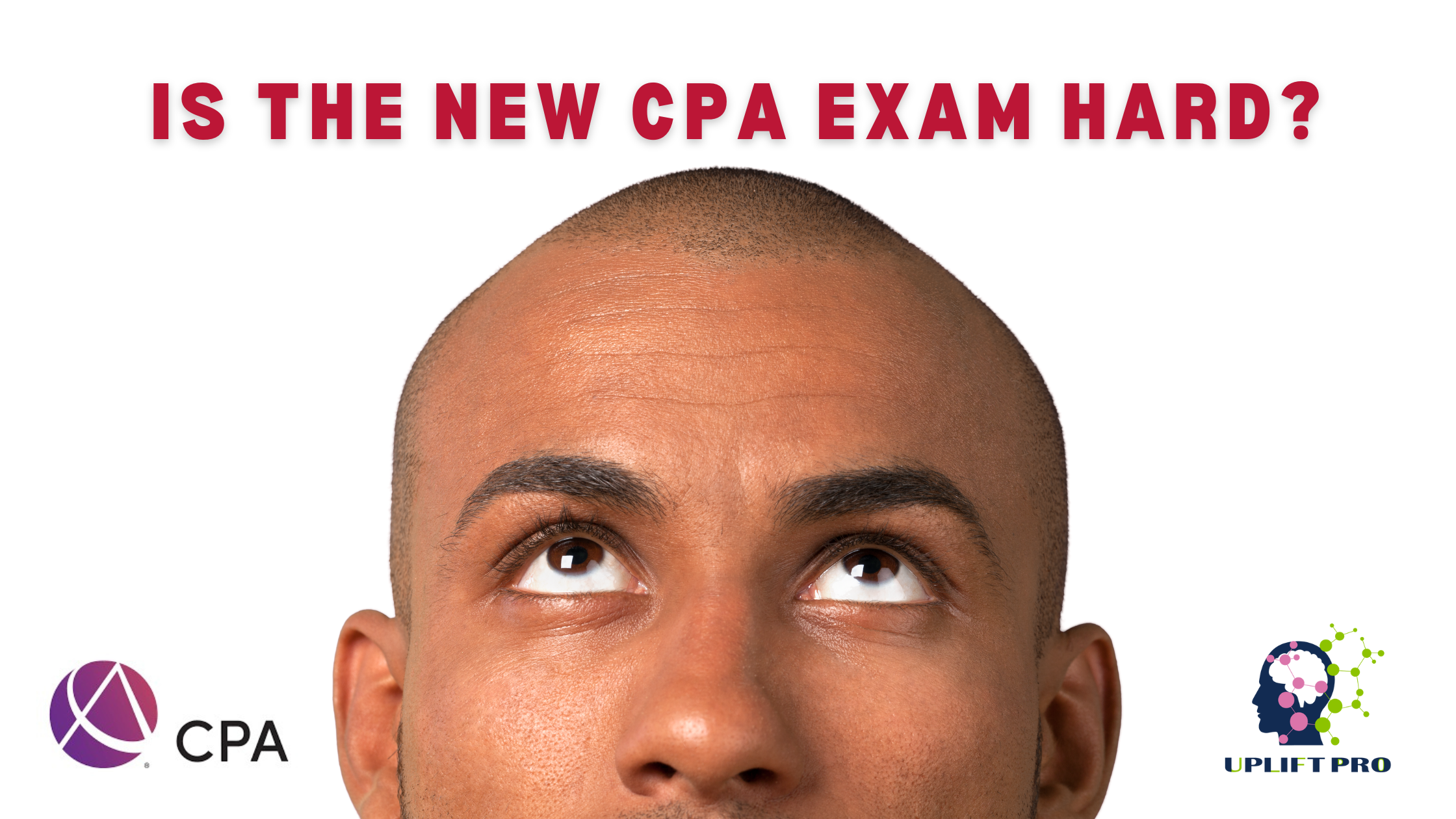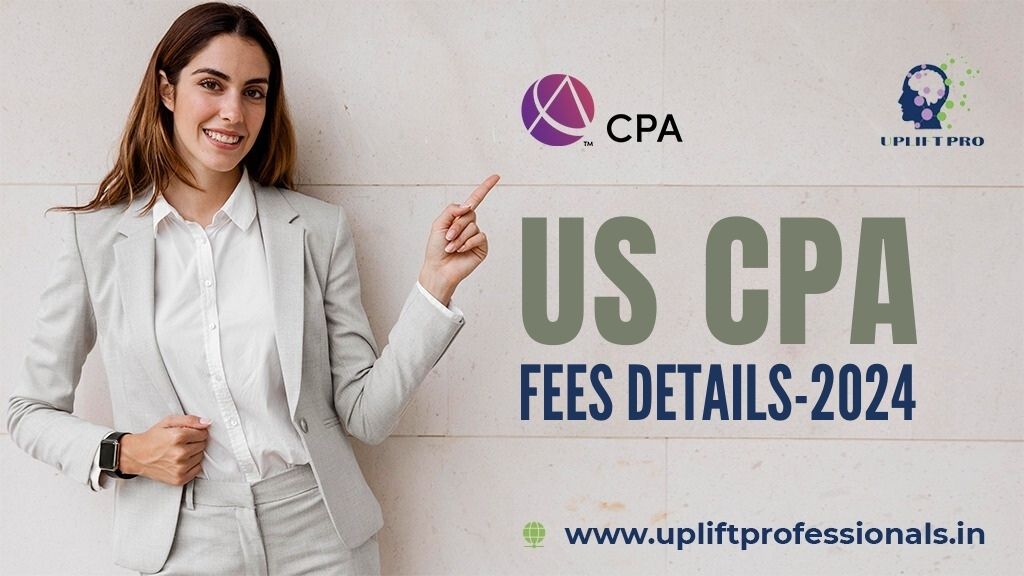Benefits of Continuous Testing of CPA Core Subjects in 2025
Despite selective exam windows, continuous testing of CPA core subjects, introduced as part of the 2025 CPA Evolution initiative, provides several benefits for candidates preparing for the exam. Here is how it helps: 1. Flexibility in Scheduling Candidates can schedule and take individual exam sections at any time during the year without waiting for testing […]




